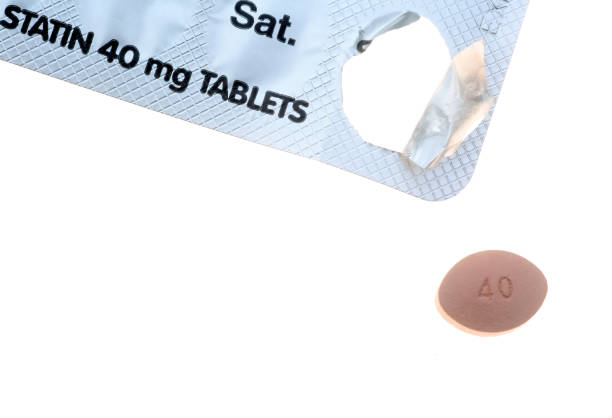
According to new research, an alternative to statins may lessen the number of patients with high LDL levels or “bad” cholesterol who die from heart diseases.
For those who can’t or won’t take statins, a daily medication called bempodoic acid can potentially reduce the risk of serious cardiovascular events like a heart attack or stroke.
A 39% reduction in heart disease fatalities and heart attacks was observed when bempedoic acid was taken as a daily pill, according to research presented Saturday at the American Diabetes Association’s annual meeting. JAMA simultaneously reported the findings.
Dr. Steven Nissen, chief academic officer of the Heart, Vascular & Thoracic Institute at the Cleveland Clinic, the study’s primary author, hoped this would be a wake-up call for physicians and patients.
According to Nissen, nowadays, less than half of those who should be given a prescription for a cholesterol-lowering drug due to a risk of heart disease do so. He stated that has to change.
Prior to their first cardiovascular incident, treating those who are at risk would have significant advantages, he added, not just in minimizing complications but also in preventing fatalities.
Why the need for alternatives for statins?

Statins, which are regarded as the gold standard in the treatment of high cholesterol, are more effective than bempedoic acid, which the Food and Drug Administration approved in 2020. However, many people discontinue taking statins or refuse to do so due to potential adverse effects such as muscle discomfort, migraines, sleep issues, and digestive issues.
Although the latest study mainly investigated how bempedoic acid affected those who experienced side effects from statins, it discovered that lowering cholesterol levels led to significantly fewer heart attacks and deaths from heart disease.
The most crucial thing is to lower blood cholesterol to healthy levels, Nissen said in an interview, whether that’s done with the help of a statin, bempedoic acid, or another lipid-lowering drug.
Low-density lipoprotein, or LDL, is the form of cholesterol that increases the risk of cardiovascular events including heart attacks and stroke, and helps to build up fatty deposits in the arteries. The American Heart Association states that LDL levels should be at or below 100 mg/dL and total cholesterol levels for adults should be around 150 mg/dL.
Patients with cardiovascular events, such as a heart attack or stroke, as well as those who just had risk factors were both included in the NEJM study.
Nissen and his colleagues’ latest study only included patients who were at high risk for developing heart disease due to conditions including high LDL, diabetes, and hypertension.
The current study’s participants had an average age of 68, and 59% of them were female. Diabetics made up two-thirds. The subjects’ initial average LDL concentration was 142.5 mg/dL.
Participants who received a daily dose of bempedoic acid reported a 23.2% decrease in LDL cholesterol and a 22.7% decrease in inflammation brought on by a blood protein linked to heart and stroke risk at six months into the study, compared to individuals taking a placebo.
Other significant outcomes of the study, which followed the majority of individuals for somewhat longer than three years, revealed that:
- Receivers of the medicine saw a 39% reduction in their risk of heart attacks.
- Deaths from heart disease were now 39% less likely.
- A patient’s chance of dying, suffering a heart attack, or having a stroke was reduced by 36% overall.
When compared to individuals who received a placebo, there was a slightly increased risk of problems, including the formation of gallstones and gout.
Statins as primary treatment
Bempedoic acid is more expensive than generic statins, a cardiologist named Druv S. Kazi pointed out in an editorial that accompanied the JAMA paper, despite the fact that it might not induce as many symptoms associated with muscles.













